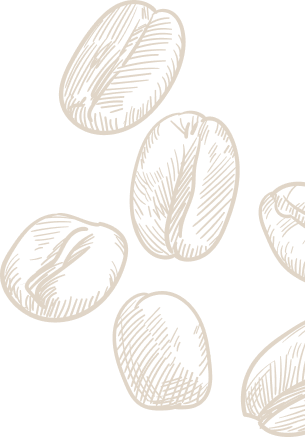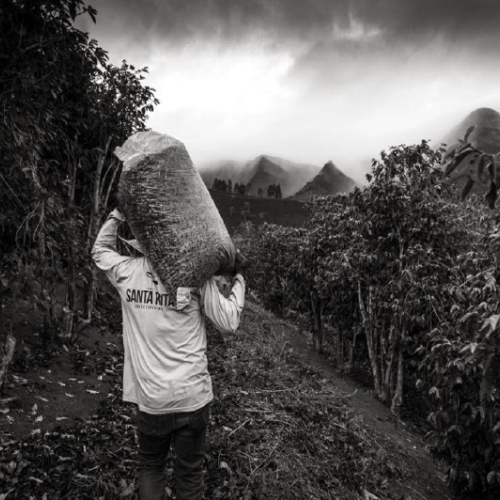Brazil Castanhas
Please note : CROP 2021
This coffee is produced at the Santa Rita estate by Father Jhone Milanes and his son Tarcisio. The plantation, established in 1896, is a family-run operation and is currently in its fourth generation. Jhone and Tarcisio's goal is to continually improve coffee handling processes, from harvesting to post-harvest, aiming each year to enhance the quality and strive towards becoming the best coffee products in Brazil.

No Waste • PROMO • Specialty

Cupping
Cupping score certified by Q-Graders and obtained through the SCA protocol.

Cupper's notes
A very elegant and refined coffee with excellent body and sweetness. It boasts pronounced sweetness with citrus undertones. Sweet notes of caramel and vanilla accompany hints of walnut and almond. Finishes with a subtle citric acidity.


Green Coffee Analysis
Grain analysis
Storage environment analysis

More Info
The Castanhas do Brasil from Sitio Santa Rita is a coffee processed using the "Peeled Cherry" method, which involves removing the cherry skin before drying but retaining the mucilage (also known as Pulped Natural or Honey). Essentially, this process is a middle ground between natural and washed processing methods. This processing method can only be carried out in certain countries, and low ambient humidity is crucial because the coffee, still covered in mucilage, needs to dry quickly to avoid fermentation.
This practice significantly enhances the cup quality and considerably reduces the likelihood of defects. However, compared to the natural or washed processes, it is notably more expensive and requires highly specialized machinery.
To purchase our products you must be registered on the site.
Log in or register



